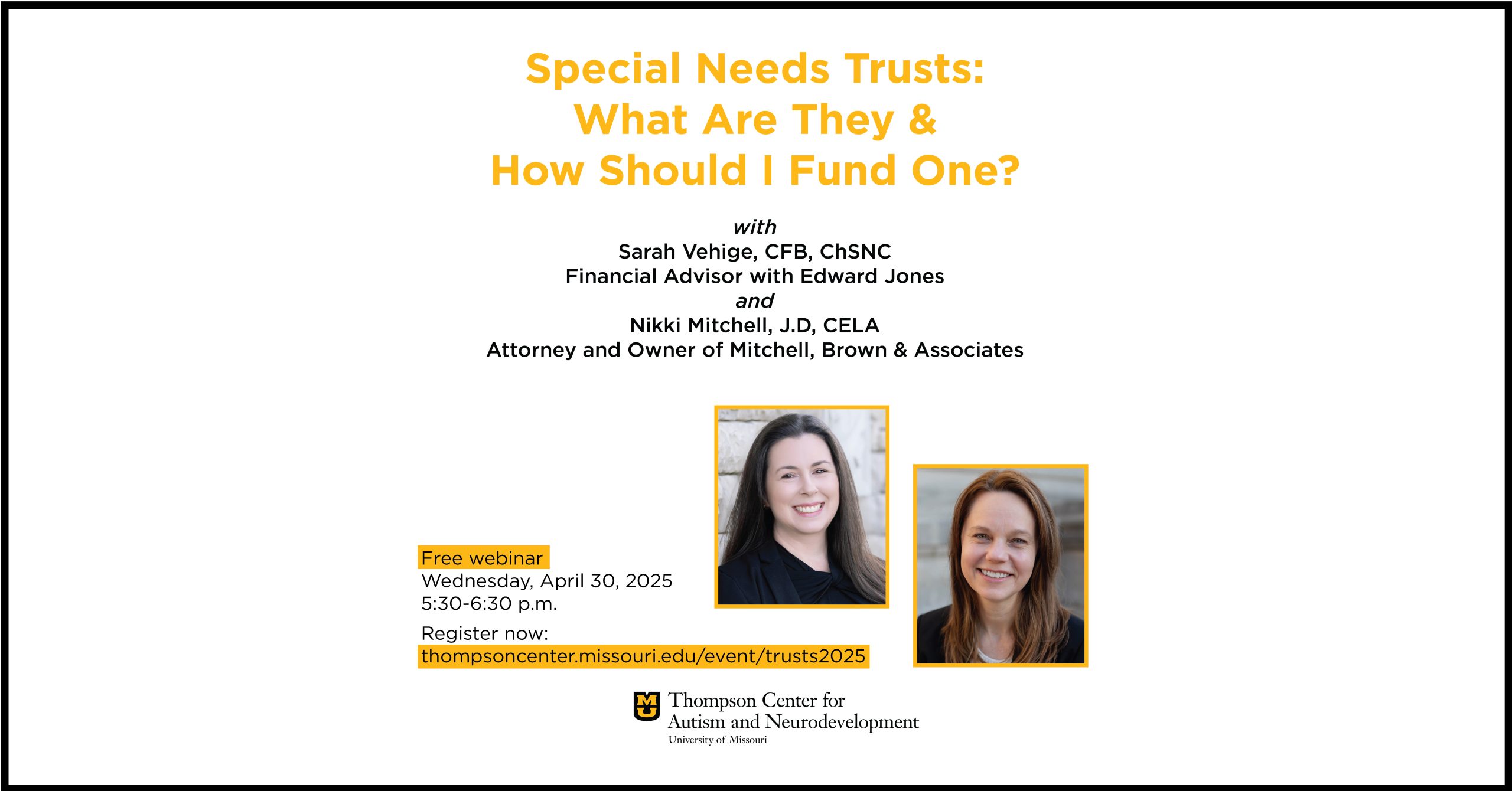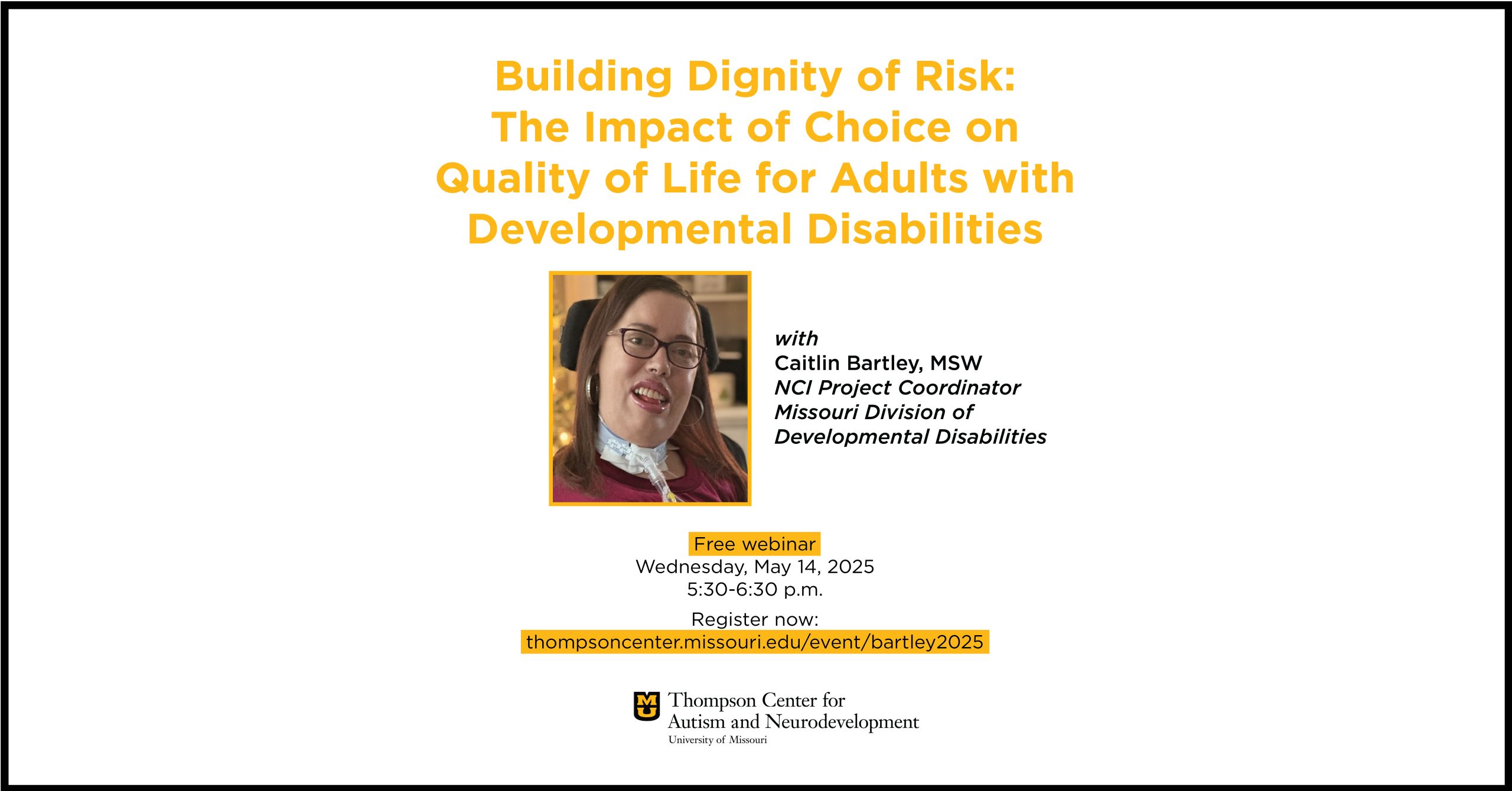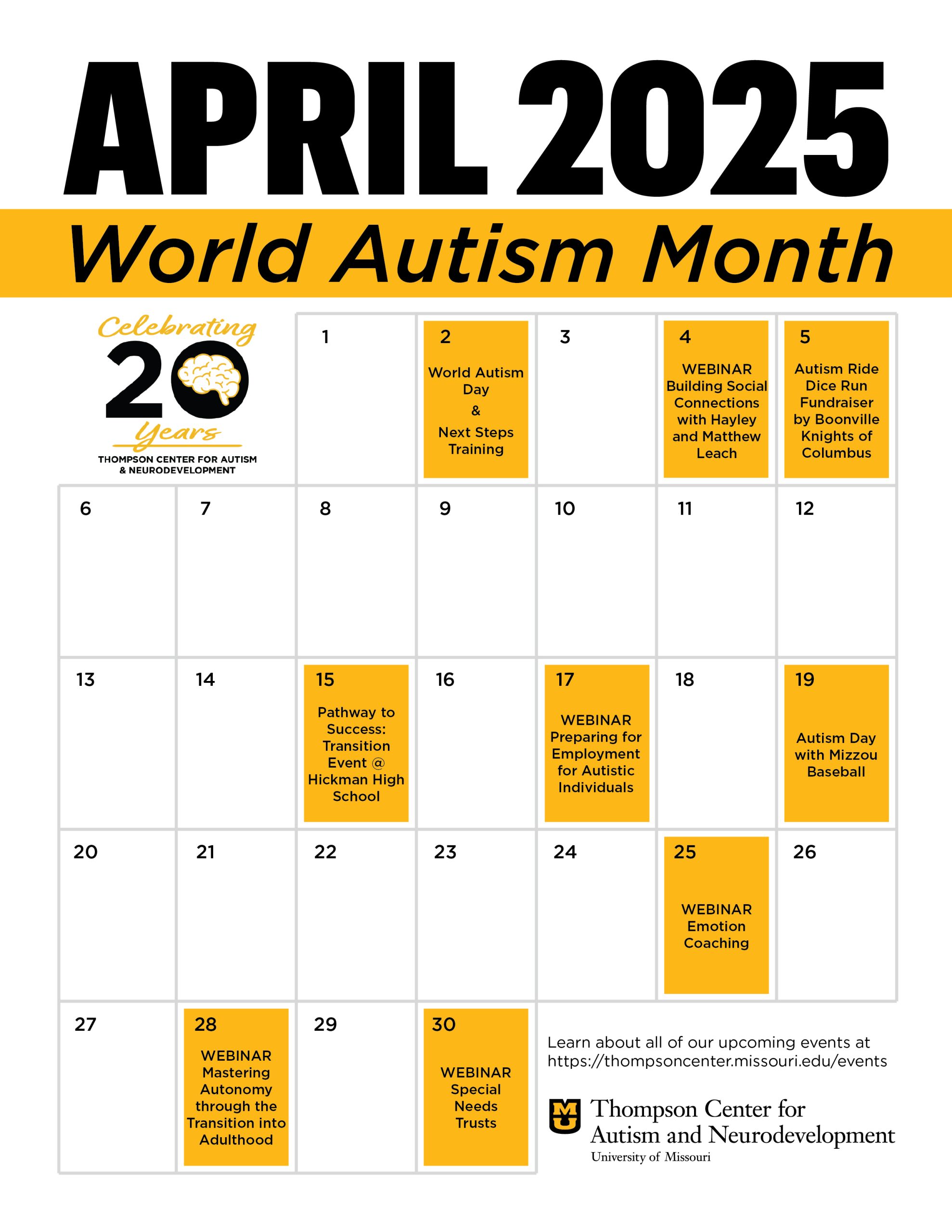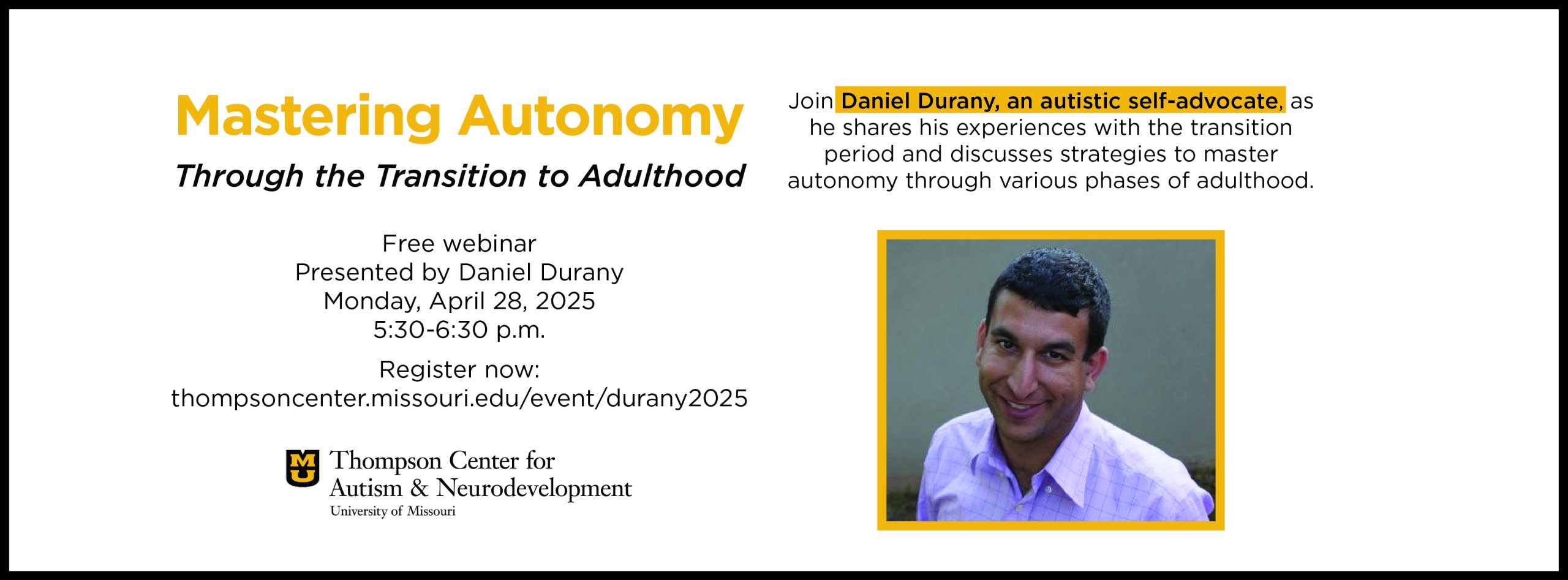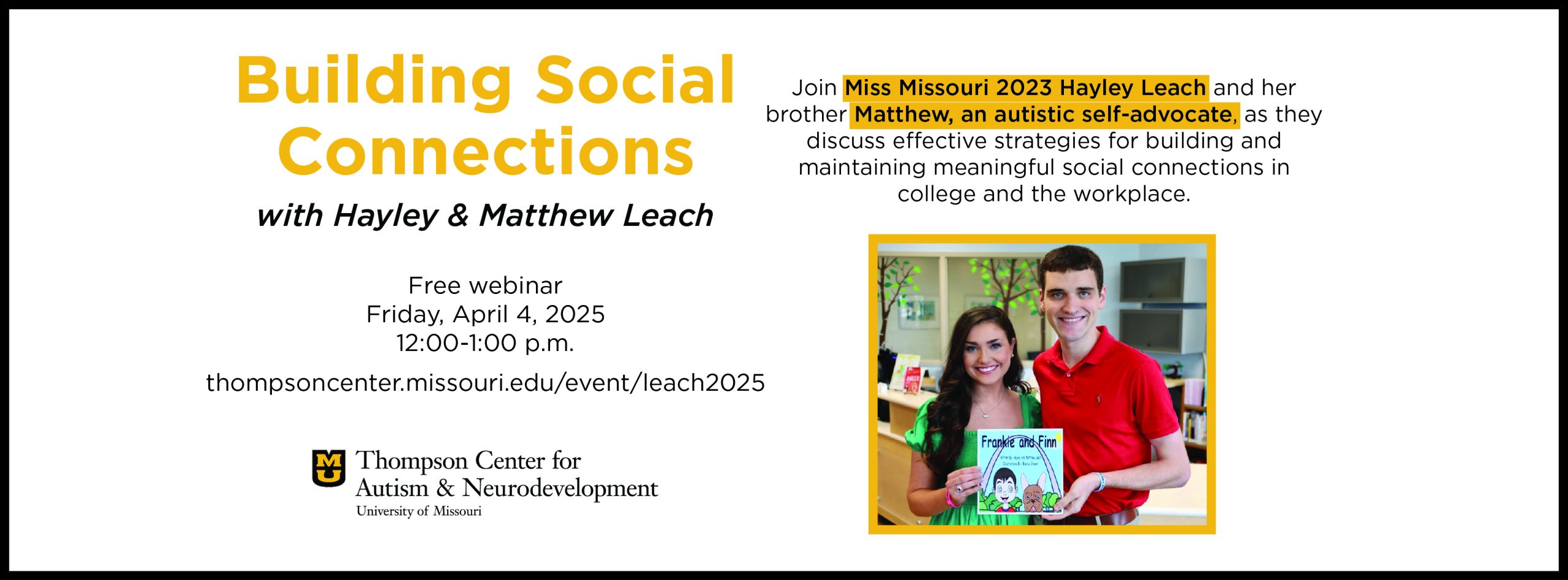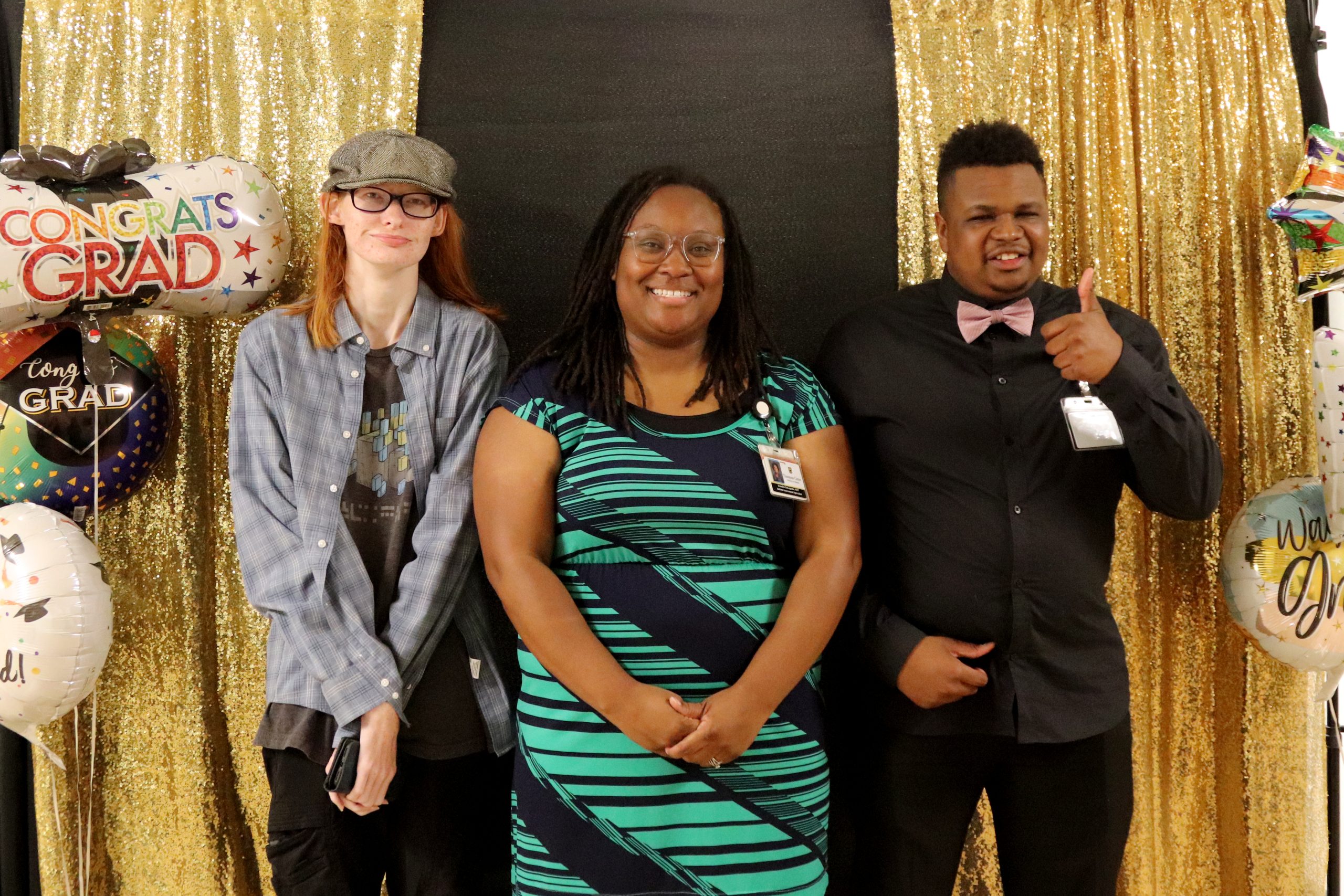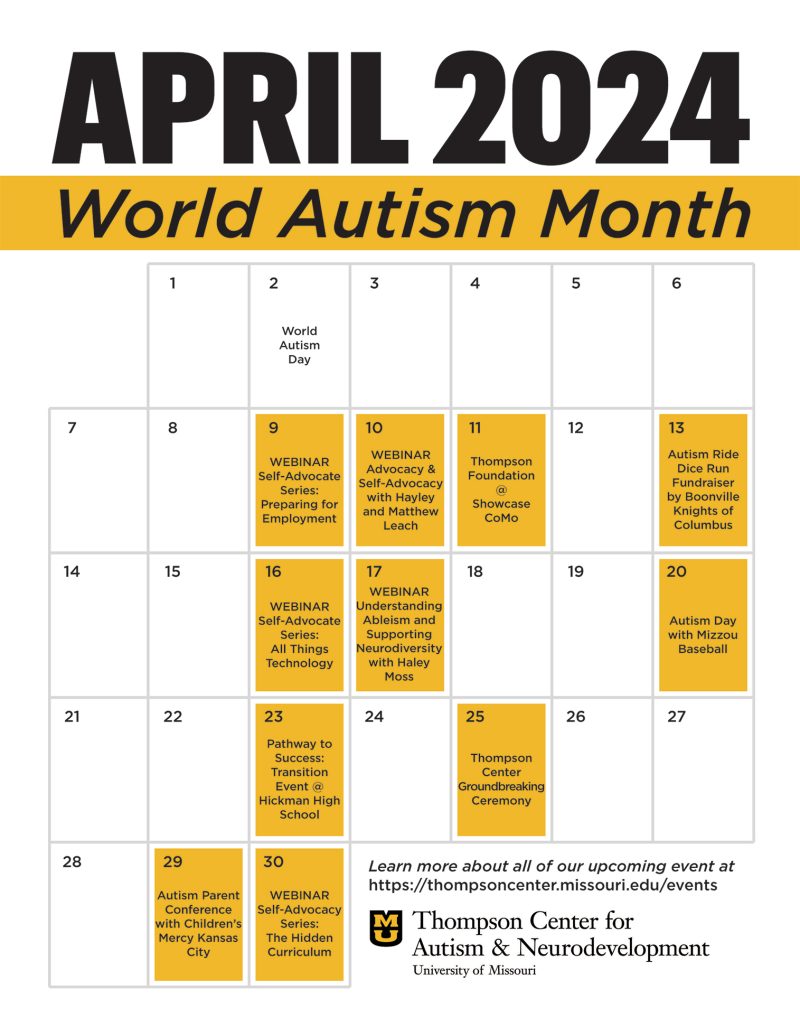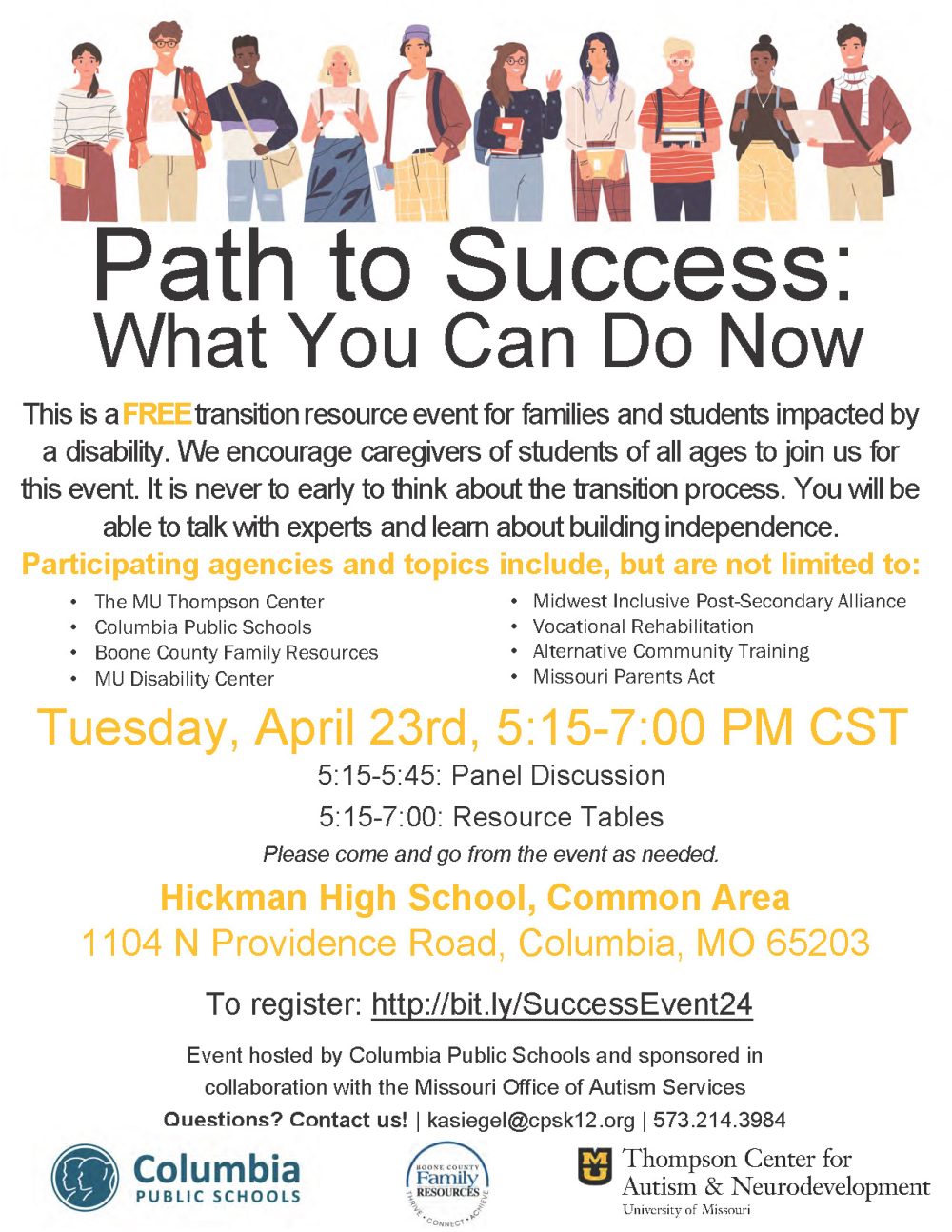Please join us for a discussion and Q&A about planning your estate and financial strategies to care for your loved one with a disability. We’ll be joined by two experts: Nikki Mitchell, J.D., CELA, attorney and owner of Mitchell, Brown & Associates and Sarah Vehige, CFP, ChSNC, financial advisor with Edward Jones.
Tag Archives: self-advocate training
Building Dignity of Risk: The Impact of Choice on Quality of Life for Adults with Developmental Disabilities
There is dignity in making choices, accepting the associated risks, and learning from those choices—a concept called Dignity of Risk. In relation to supporting adults with developmental disabilities, Dignity of Risk is a person-centered framework that promotes self-determination. It is about supporting the person to make the decisions that they want to make, while staying safe. Based on findings from academic literature, this presentation will cover what Dignity of Risk is, how it is connected to quality of life, and suggestions for how to support it.
Pathway to Success: A Transition Resource Event
Families and students of all ages who are impacted by a disability are invited to attend this FREE event! Participants will have the opportunity to engage with experts and learn about the various agencies that provide support during the transition process for students and young adults.
April Events Calendar
April is World Autism Month and the Thompson Center has lots of events planned to celebrate! Keep track of all of our World Autism Month activities for patients, families, andContinue reading “April Events Calendar”
Mastering Autonomy Through The Transition Into Adulthood
How many desire seeing people on the autism spectrum master autonomy as adults? Transition and adulthood combined are a tall task for many people. Many folks on the autism spectrum have struggled with mastering autonomy through the Transition into Adulthood. Mr. Durany will share about his experiences mastering autonomy through the Transition into Adulthood. He will breakdown what it takes to master autonomy through various phases of adulthood.
Building Social Connections with Hayley and Matthew Leach Webinar
Join us for a discussion on effective strategies for building and maintaining meaningful social connections in both college and the workplace. Gain insights on fostering relationships, navigating social dynamics, and finding supportive communities. Hayley and Matthew will share their experiences with social groups and communities they have found supportive.
Self Advocate Webinar: Preparing for Employment
Click here to register! Presented by: Jaclyn Benigno, M.Ed. Session Description: This session will equip participants with essential strategies for building a professional resume, preparing for interviews, and effectively searchingContinue reading “Self Advocate Webinar: Preparing for Employment”
Thompson Foundation, ACE Program Receive Local Impact Grant
The Thompson Foundation for Autism & Neurodevelopment was awarded the Autism Speaks 2023 Local Impact Grant. This grant will go towards funding the Thompson Center’s Accessing Career Experiences (ACE) program. This grant was awarded to 23 organizations from 13 states that serve the autism community.
April Events Calendar
April is World Autism Month and the Thompson Center has lots of events planned to celebrate! Keep track of all of our World Autism Month activities for patients, families, andContinue reading “April Events Calendar”
Pathway to Success: Transition Event
This is a FREE transition resource event for families and students impacted by a disability. We encourage caretakers of students of all ages to join us for this event. It is never too early to think about the transition process. You will be able to talk with experts and learn about building independence.

